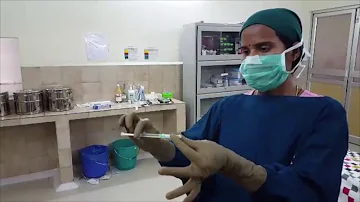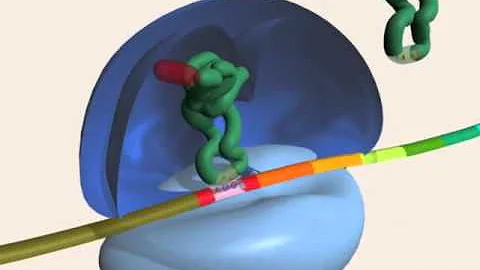Quando o verbo ser fica no singular?

Quando o verbo ser fica no singular?
Quando são usadas as expressões pouco, muito, menos de, mais de, o suficiente, o bastante,… na indicação de quantidade ou medida, o verbo ser fica sempre no singular, independentemente da quantidade expressa: Cinco litros de refrigerante é muito! Dois quilos de açúcar é o suficiente. Três é demais!
Quando é é verbo?
Um verbo é uma palavra que indica acontecimentos representados no tempo, como uma ação, um estado, um processo ou um fenômeno. Os verbos flexionam-se em número, pessoa, modo, tempo, aspecto e voz. As orações e os períodos desenvolvem-se em torno de um verbo.
Qual sujeito do verbo ser?
“Hoje são sete de janeiro.” “Hoje é dia sete de janeiro.” / “Hoje é(dia) sete de janeiro.” 4) O verbo ser concorda com o pronome pessoal do caso reto (eu, tu, você, ele/ela, nós, vós, vocês, eles, elas), sendo este sujeito ou predicativo.
What is the correct form of Ser?
- Ser is a verb that means "to be" and it's the only verb you'll need to tell the time. The two forms of ser are the plural form, son las ("they are") and the singular form, es la ("it is"). Only use es la when the hour is one o' clock.
What is the present tense of Ser?
- Sentences using ser in the present tense Ser is used to signify equivalence or identity between two elements: Mi esposa es doctora . - My wife is a doctor.
How do you spell SER in Spanish?
- In Spanish you can simply say the verb: Soy de España Eres joven Somos de Nueva Zelanda Spanish Verb Ser – Whose it is and where you're from The word "de" is widely used with the verb ser. It means "of" when used to indicate possession and "from" when used to indicate origin. Por ejemplo:
What is the verb form of the Spanish word Ser?
- The Spanish verb SER means "to be". But there are two verbs meaning "to be" in Spanish - SER and ESTAR. SER is used primarily in situations to imply permanence, equivalence, characteristics, origin, nature, identity and possession ("My apple IS bigger than his", "Quito IS in Ecuador", "Ice IS cold", "He IS French", "This car IS mine".















